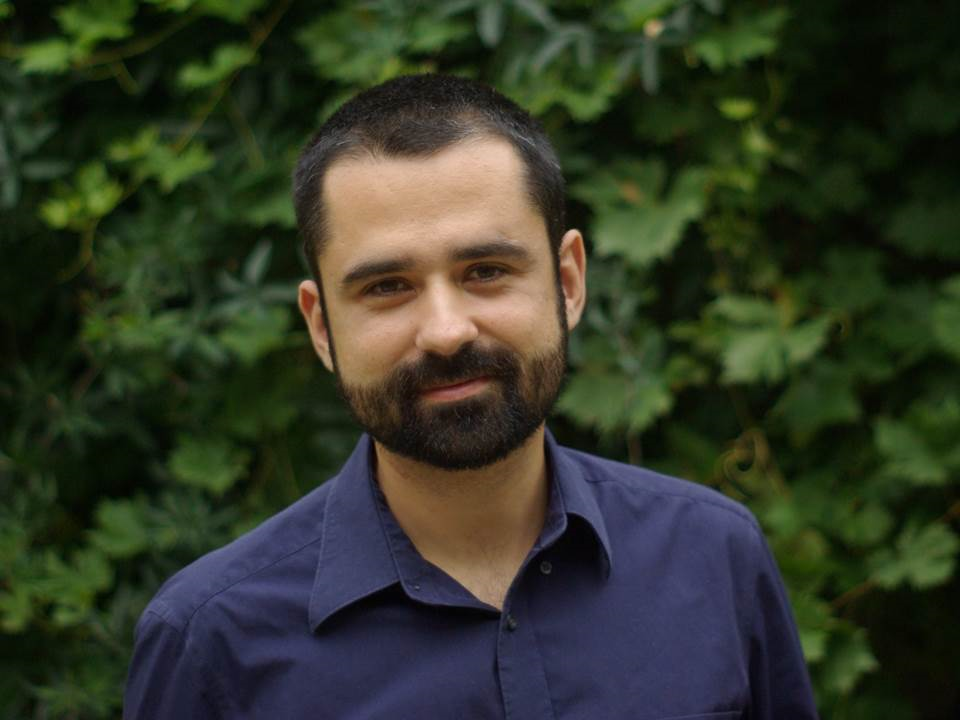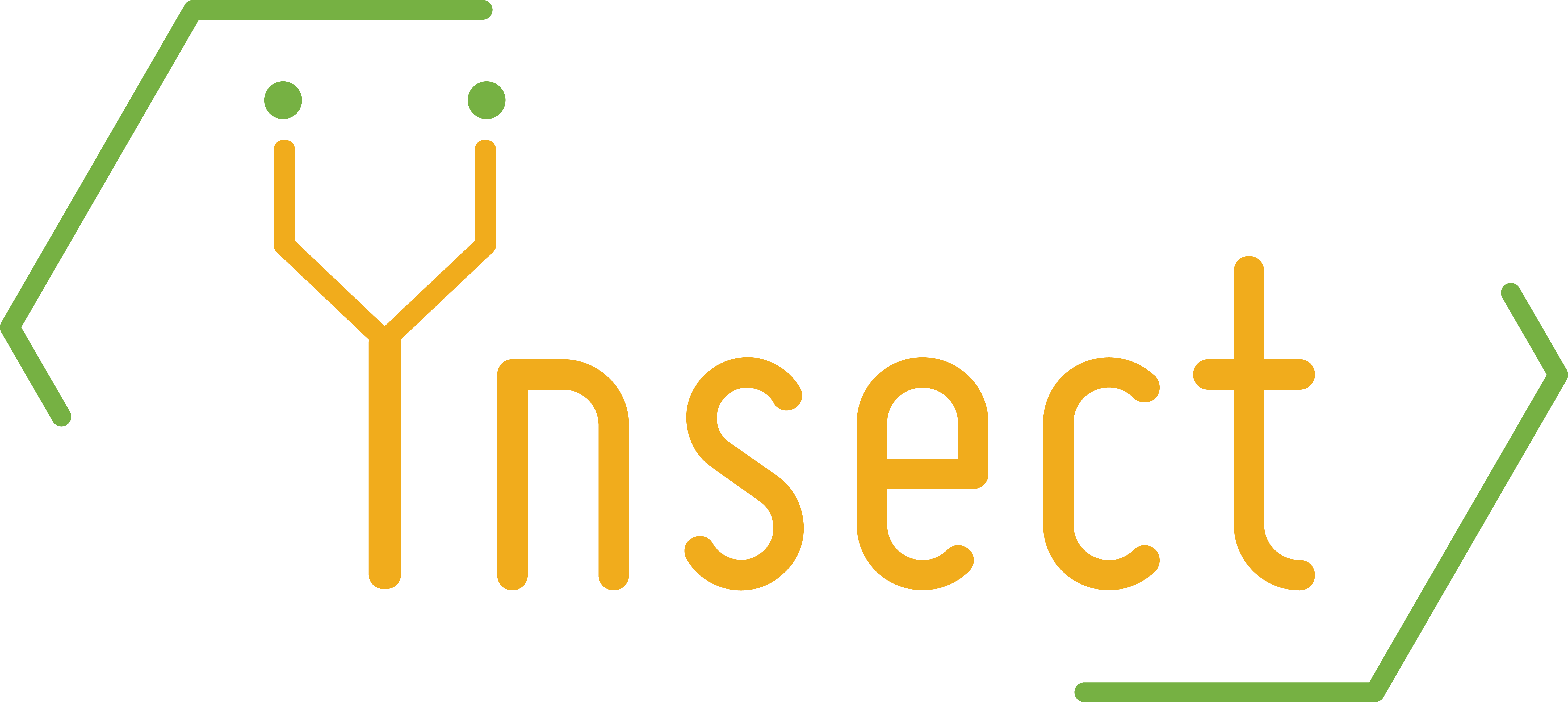 Interview with Antoine Hubert, Ceo of Ynsect and IPIFF President
Interview with Antoine Hubert, Ceo of Ynsect and IPIFF President
Tell us shortly about the vision you had and how that vision led to Ynsect
Ynsect is an innovative company which is specialized in farming insects on a large scale and converting them into different compounds. These compounds, which are mainly proteins and lipids meet the needs of animal feed markets (farmed and domestic animals). Other compounds like chitin are particularly relevant for green chemistry markets. My three associates and I created Ynsect in 2011 because we were convinced that insects are one of the vital building blocks for a more sustainable world food system.
Are mechanization and less human-labor the only recipe for western companies to lower the costs?
In order to access the commodity markets of feed, food and chemicals, a company needs to fulfill 4 points: large volume, competitive price (which are low in commodity area), high-quality&product standardization and performance use. Mechanization is a concrete way to achieve the three first items. It has been the natural trend in all animal production in the last century, leading to cost reduction and development of affordable animal proteins for broad range of consumers. Higher human labor could be relevant in some higher value markets like food with farming cooperative organizations: small farms with collection of insects to be processed in a central area. It is already the case in North East Thailand with crickets produced for human consumption.
Do you think China (and the East in general) will be a rich market for certified/high quality made-in-EU edible insects products?
China is the first fish meal importer in the world, for its domestic shrimp and piglets farming in particular. All ASEAN is also importing large amount of fish meal from South America. There is then clearly a room for high quality insect meal products that could complete the fish meal imports at a competitive price, especially with the constant decrease of fish meal available volumes. It will make even more sense to export EU technologies and know-how at some point in the future, to produce locally for these markets.
As IPIFF President, can you tell us what we can expect –in terms of normative development- from the EU in 2017?
IPIFF has done a tremendous work in the past few months in terms of advocacy and discussion with different EU Institutions. The EU is clearly moving towards an opening of the aquafeed sector for insect meal. It is reasonable to think that the Standing Committee of the 28 Member States will give their green light on the topic within the next few months which should hopefully lead to an opening of this essential market for the insect industry. On the food side, IPIFF is pledging for a transition toward the new Novel Food framework as soon as possible in 2017, instead of waiting January 2018. Entrepreneurs are expected to save time&money as the new framework introduces an EU centralized procedure, which should lead to faster authorization and reduced costs.
Could you give some lines about the new IPIFF task force ?
IPIFF has created a first task force dedicated on Novel Food matters. The main objective of this Task Force is to provide guidance to IPIFF members –i.e. producers of insects for food consumption- in the preparation of applications of insect products for authorization as “novel food”: the objective being to ensure that the content of these applications conforms with the requirements&expectations of EU public Authorities involved in the assessment&authorization process (i.e. the European Commission, the European Food Safety Authority&Member States Authorities) whilst seeking for consistency between EU requirements and the specificities/realities of the insect sector.
This Task Force also aims to encourage insect producing companies to collaborate for the filing of joined applications and/or the sharing of costs relating to these applications.
Is the edible insects industry already strong, organized, attractive for investors enough to be considered on a “straight way to the market success”?
IPIFF Association is as a good example of structuration and professionalization. Companies are showing that they could work together on some topics instead of competing in all matters. The new comer continental associations in North America (NAEIC) and South East Asia (AFFIA) are other great signs of this organizational trend.
Investors are generally looking for companies showing advanced&unique technologies and a real know-how with proven track record in sales. Many insect companies are currently in this trend, and the more fund raising will occur, the more it will attract new investors in this industry.
Each company can find the relevant investor category, matching its development stage, either be Crowdfunding, Business Angels, Seeds & Early Stage Venture Capital, Late stage Private Equity, M&A, IPO, etc. The first significant M&A of the industry (Intrexon acquisition of Enviroflight in the US in 2016) is a concrete trend sign of increasing attractivity of the sector.
Insect industry is clearly a disruptive innovation which makes also possible to access to innovation public grants and loans at Member States level or at European Union level (Horizon 2020 framework). They could be then important funding complements to equity funding. European insect industry is already a global technology leader and can keep this strategic step ahead thanks to these abundant sources of funding.
What can you suggest to the new, young entrepreneurs who want to invest in the sector?
Entrepreneurs who are keen to develop an insect company should think in detail about their business model and value proposal, and positioned themselves in a relevant way in the competitive landscape in order to convince investors to support them.
We strongly encourage them to join IPIFF as unity makes strength and a bench of start-ups can deliver much a powerful message together than alone. I would also recommend not to underestimate the difficulty to work with the living. Farming insects even at a small scale requires specific skills in biology and farming. Lacking these skills could lead to the failure of the project. I would advise the entrepreneurs, as a priority, to gather the relevant skills in their team. It is always a sign of maturity and success to hire higher-skilled people than you!
What are your short-period (1-2 years) goals?
We hope that european regulation will move forward for the aquafeed market, which will be an essential milestone of IPIFF and all the industry, including Ynsect of course. As soon as we will have this green light, we will be able to prepare our next development stage, towards the increase of our production capacities to supply the large aquafeed european market, and beyond.





